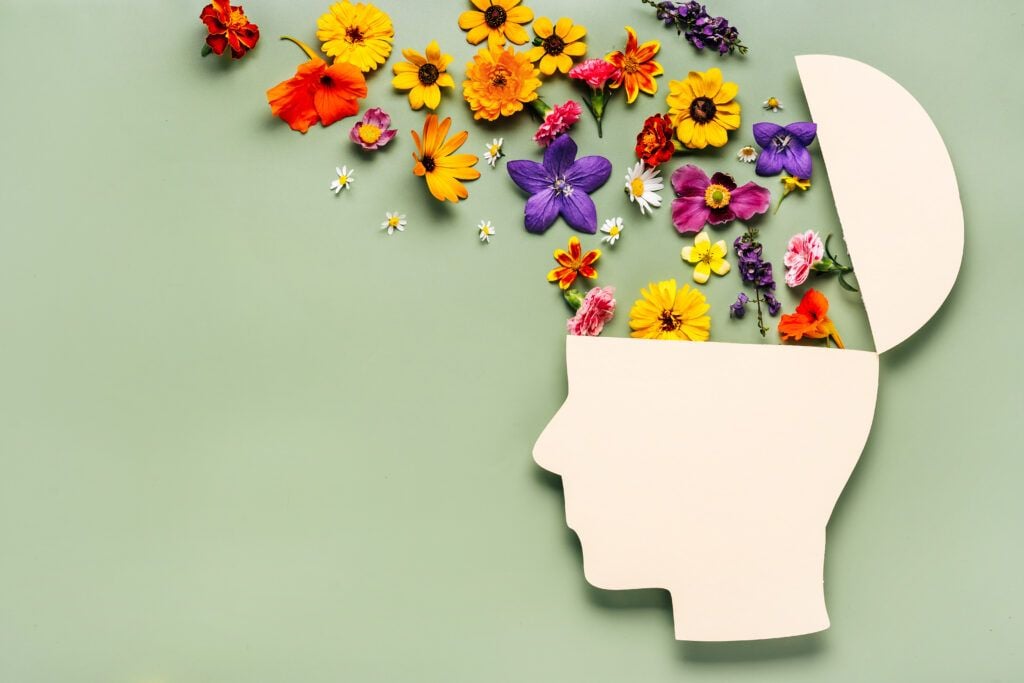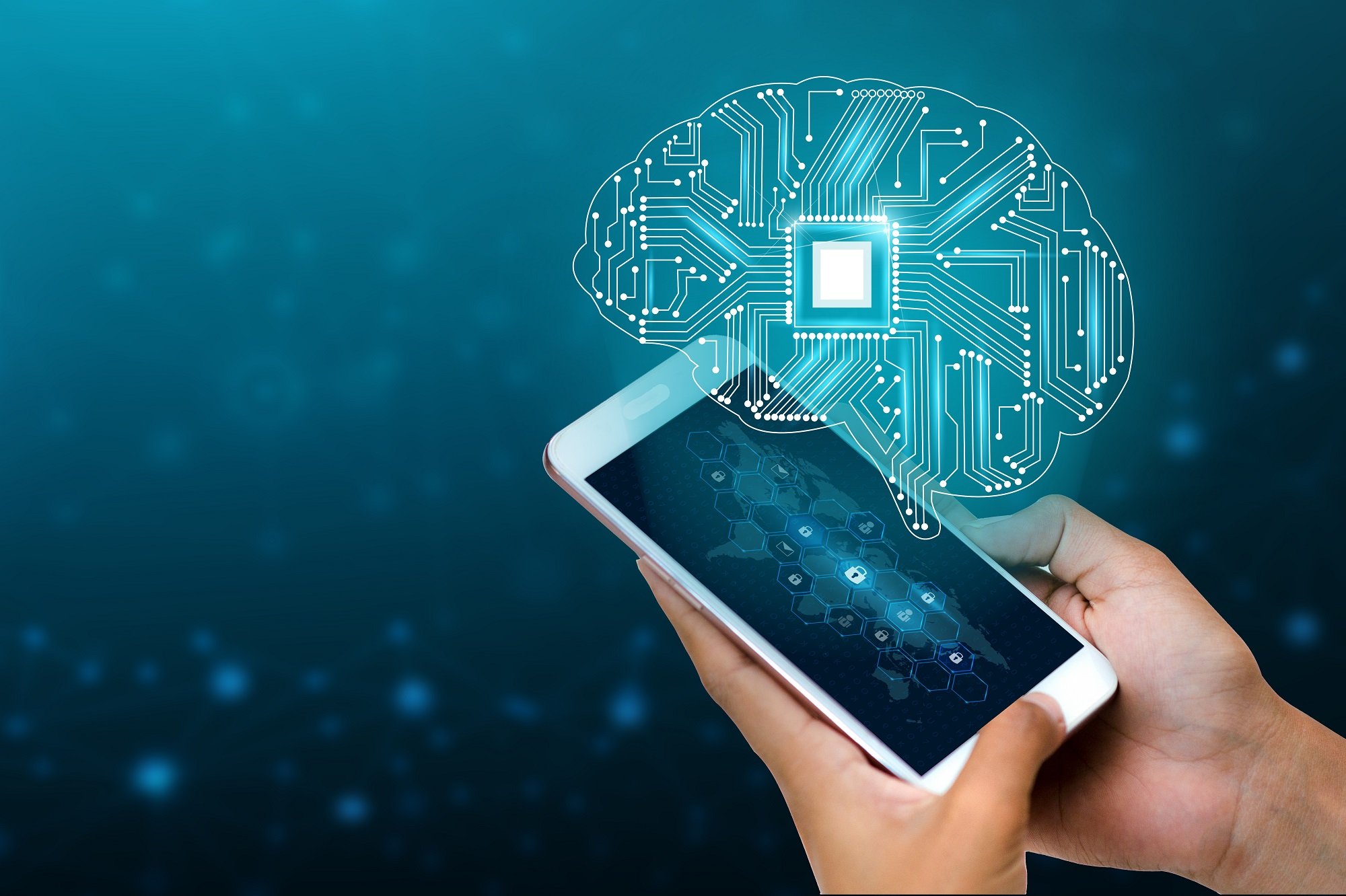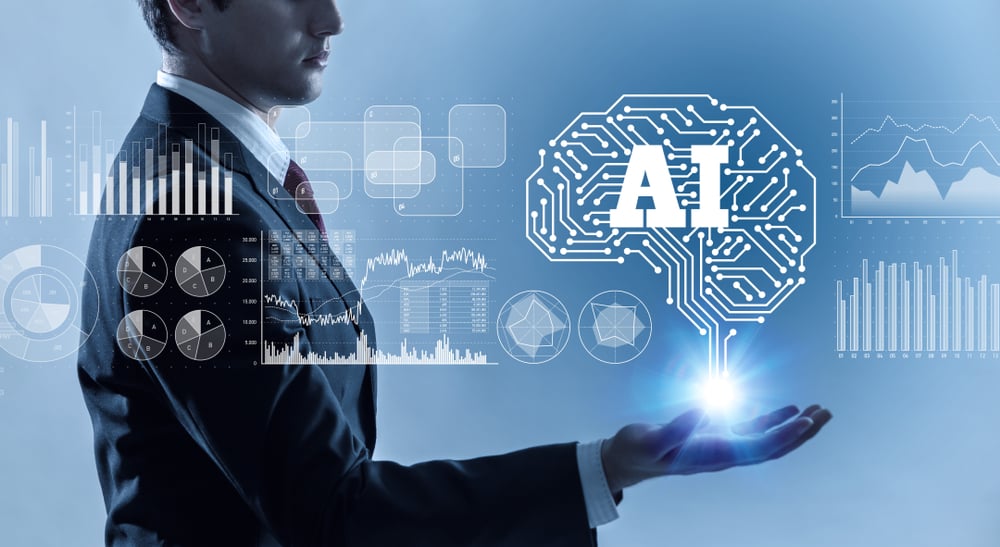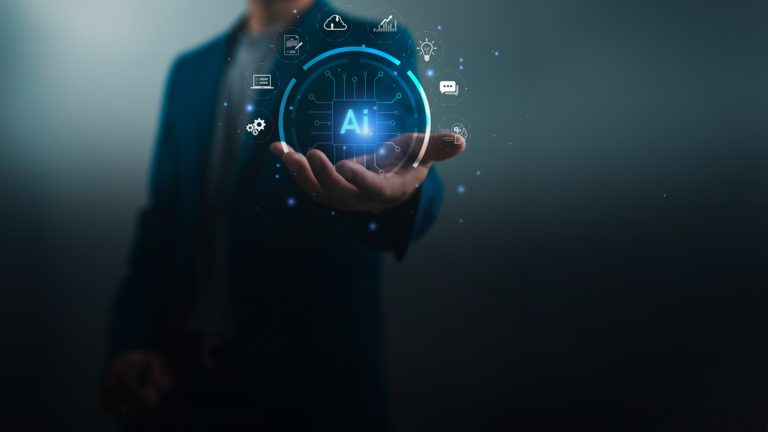Human Intelligence vs. Artificial Intelligence: What are the Top Differences?

In 2022, Google senior engineer Blake Lemoine shared his concern that the company’s Artificial Intelligence (AI) chatbot could be sentient. This added momentum to the ongoing discussions on human intelligence vs. artificial intelligence. Earlier, a 2021 Forbes report highlighted the positives of living in a world where AI and humans collaborate instead of competing against each other. Moreover, it posited that instead of viewing the rise of AI as a move toward automation, employers and business owners could strive to find the right balance between human intelligence and AI. Therefore, this blog focuses on the differences between human intelligence and AI; it also discusses what roles AI can fill and which jobs would suit humans best.
Definitions: Human Intelligence vs. Artificial Intelligence
 Human intelligence is a mental quality that comprises certain survival abilities. These include learning from experience, adapting to new situations, and utilizing knowledge to the individual’s advantage. Additionally, it equips humans to handle abstract concepts and manipulate their surroundings to flourish as a species. Furthermore, although different investigators have prioritized diverse aspects of intelligence, adaptability is a key driving force behind human intelligence.
Human intelligence is a mental quality that comprises certain survival abilities. These include learning from experience, adapting to new situations, and utilizing knowledge to the individual’s advantage. Additionally, it equips humans to handle abstract concepts and manipulate their surroundings to flourish as a species. Furthermore, although different investigators have prioritized diverse aspects of intelligence, adaptability is a key driving force behind human intelligence.
Artificial intelligence primarily deals with problem-solving. It refers to the theory and development of robust computer systems that can efficiently handle tasks that have historically required human intelligence. Moreover, this field builds on datasets, Machine Learning (ML), and neural networks to learn through trial and error and positive reinforcement. Additionally, AI is highly adept at finding obscure data patterns by considering thousands of data points from a variety of sources.
A Comparison: Human Intelligence vs. Artificial Intelligence
Here is a hard comparison between human intelligence vs. artificial intelligence in terms of their nature, functioning, and learning power:
Nature
Historically, human intelligence has naturalized the idea of adapting to different environments through a combination of cognitive processes. That is how human beings interact with the world. Furthermore, they engage with others to form a dependent cluster of social relationships.
On the other hand, the nature of AI is characterized by codes designed to emulate human intelligence and behavior. Its final goal is creating a digital world that can effectively accomplish the jobs performed by humans. Also, when it comes to solving problems, AI is highly equipped to understand issues and solve them instantaneously. Meanwhile, the nature of human intelligence, on the other hand, takes time to acclimatize itself to the changing situations at hand, eventually adapting to them.
Thus, when it comes to nature, the primary objective of AI is to promote human-like thinking. For natural intelligence, the primary focus is observing the changing conditions and responding to them appropriately.
ALSO READ: What’s the Fate of AI in 2023? 8 Pathbreaking Technology Trends
Functionality
In the human intelligence vs. artificial intelligence debate, functionality is important. People utilize the brain’s processing power, memory, intuition, experiential knowledge, and other cognitive talents to think and act. AI-powered devices depend solely on data, algorithms, and specific instructions to generate results.
The underlying concept of human intelligence is consciousness, a product of logic and emotions. However, AI’s functional logic is governed by strict codes minus the ability to feel or process emotions.
Learning Power
Human intelligence is adept at abstract thinking. The very foundation of human civilization has been the ability to feel, observe, understand, and change. Through this process, emotions interact with logic to drive conclusions that satiate the rational faculties of human beings.
AI lacks the ability to perform abstract thinking. This prevents robots from contemplating or acquiring opinions on any specific issue. Moreover, their learning power depends on repetition and exposure to thoroughly researched information. For instance, self-driving cars learn from unsupervised learning and reinforcement learning methods. Instead of memories of driving experiences, they have certain encoded value systems which determine their functionality and learning power.
What AI Cannot Do Without Human Intervention?
Artificial intelligence can perform a multitude of tasks at effectively zero cost, within a fraction of the time taken by humans. This has been a rising cause of concern in the job market. However, there are innumerable avenues where humans score significantly high in the human intelligence vs. artificial intelligence debate. Take the following skills, for instance:
- Contextualized critical thinking and reasoning
- Creating, conceptualizing, and strategic planning
- Feeling and awareness of one’s own emotions
- Empathetic awareness of the world
- Physical dexterity
- Understanding unknown environments
ALSO READ: Top 6 Machine Learning Books That Every Beginner and Expert Must Read
What Sets Human Intelligence Apart?
Even though there have been numerous developments in AI in the last few years, there are still areas or attributes that are solely human. These include:
- Emotional Intelligence: Emotional intelligence is understanding, using, and managing one’s emotions. It empowers humans to work with information by virtue of how well their brains understand their inner functions.
- Values: AI can generate intelligence only within the dictates of the provided information. Meanwhile, societal and individual values are one of the primary driving factors of human intelligence. Therefore, collective values of honesty, integrity, cooperation, equality, and justice influence human decision-making.
- Curiosity or Inquisitiveness: The urge to factually investigate and uncover a phenomenon is the sole driving force of societal development. However, scientists haven’t been able to digitize curiosity and bestow the same on AI!
- Ethical Decision-Making: Intangible human factors such as ethics help determine the laws and regulations of society. Furthermore, apart from the ethical and moral considerations shaping the business world, humans solve real-life moral dilemmas based on certain value systems.
- Critical Thinking: Humans are able to skillfully analyze and assess a situation while improving the overall quality of analysis. This thinking style requires context and a certain amount of self-discipline to steer away from judgments or bias.
ALSO READ: What are the Best Machine Learning Projects and Why are They Important?
What Does the Future Hold?
 The main advantage of AI in the human intelligence vs. artificial intelligence debate lies in its ability to detect the most subtle patterns hidden amid mammoth data packets. Therefore, repetitive tasks have a high chance of being co-opted by AI in the near future. For example, an AI agent trained as an insurance approver will consider thousands of variables during analysis. All these factors could lead to a far more accurate analysis, ranging from past healthcare costs to online purchasing history.
The main advantage of AI in the human intelligence vs. artificial intelligence debate lies in its ability to detect the most subtle patterns hidden amid mammoth data packets. Therefore, repetitive tasks have a high chance of being co-opted by AI in the near future. For example, an AI agent trained as an insurance approver will consider thousands of variables during analysis. All these factors could lead to a far more accurate analysis, ranging from past healthcare costs to online purchasing history.
Moreover, jobs such as warehouse management, service delivery, construction, etc.—areas with less active decision-making processes—will eventually become obsolete.
Kai-Fu Lee and Chen Qiufan, authors of the book ‘AI 2041’, talk about the avenues that require creativity alongside strong social skills. These are the areas where humans will shine.
Therefore, here are some job avenues that AI can’t replace for now:
- Scientists and researchers
- Healthcare professionals
- Mental health professionals
- Teachers
- Lawyers
- Artists
- Personal care workers
- Entrepreneurs
- Activists and social workers
- Leadership portfolios
Learn More About AI With Emeritus
A Forbes report highlights the rise of over 90 million new jobs due to the incidence of AI. These jobs will require newer skills that enhance responsible automation, quelling the anxiety of machines replacing working populations entirely. To further explore and accentuate your thinking about human intelligence vs. artificial intelligence, consider Emeritus’s comprehensive machine learning courses and artificial intelligence courses.
By Bishwadeep Mitra
Write to us at content@emeritus.org





